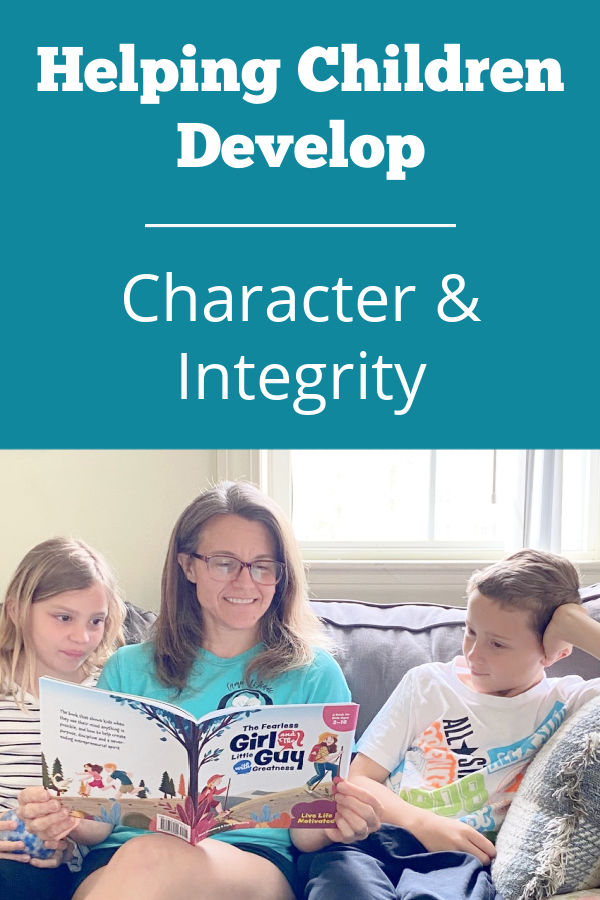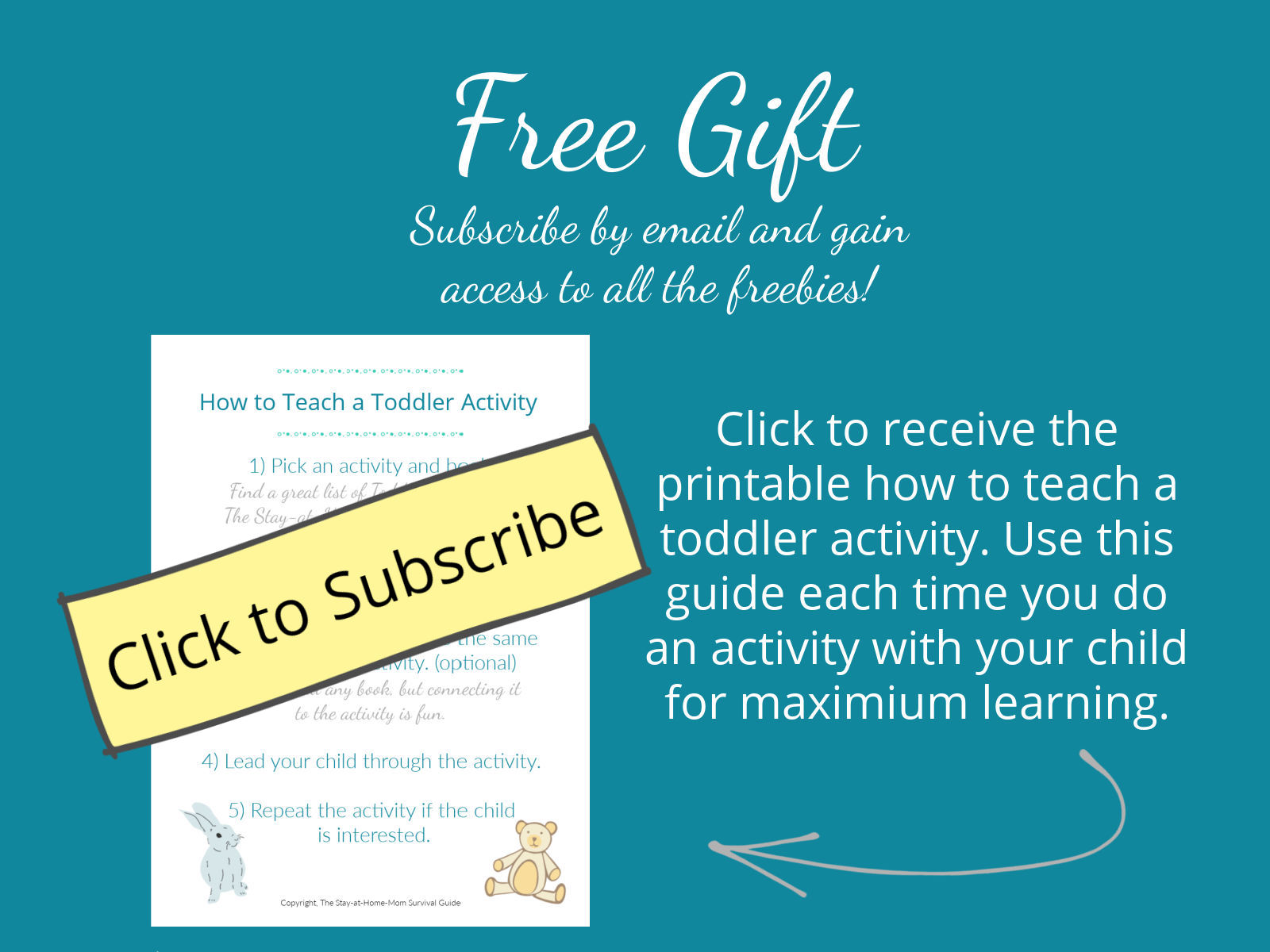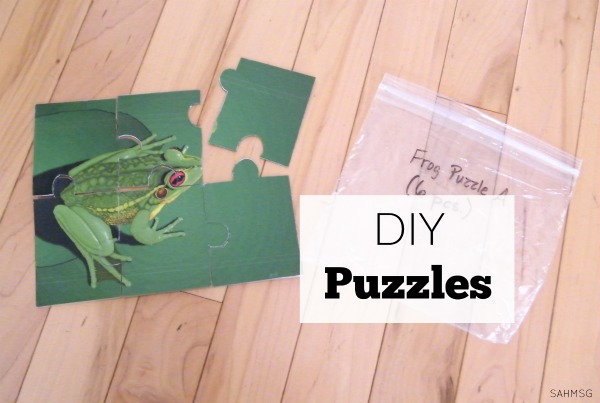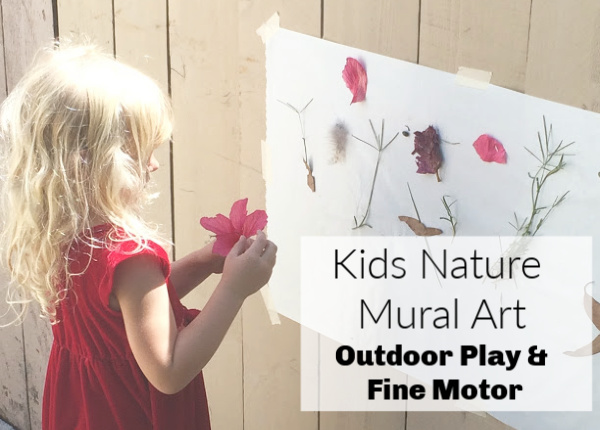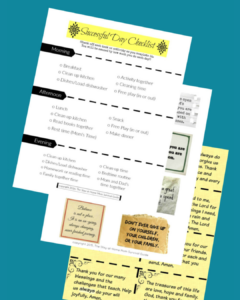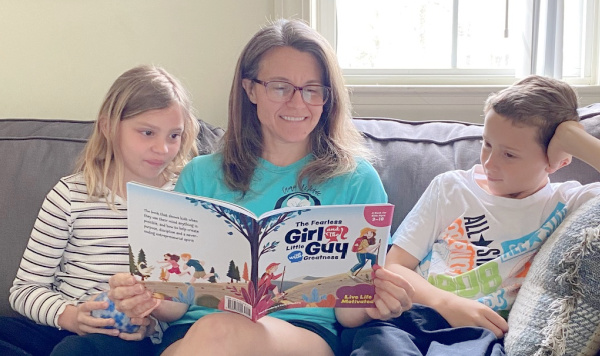
I caught them. They were talking in our garage. The plan was to sneak around the house to try and avoid a child that they did not like. The boys did not want to play with him, but he kept coming to our door. Teaching children to develop character and integrity is a daily action as parents.
We see our children slide away from good character and we have to teach them to get back on track. This feels like a never-ending process in the school age years.
We move every three years as a military family. But, every time we move, my kids make new friends rather quickly. Teaching my children to forgive and focus on others is something that I have to do on a daily basis. It is essential for growing strong, lasting relationships and growing into a wise adult.
I have learned along with my children.
This post is sponsored by Tuck ‘Em In Publishing.. Please view my disclosure here.
This stage of life where the kids spend a lot of time with friends keeps me on my toes as a parent. I am so thankful for dinner time together. We talk about all kinds of topics related to the kids’ interactions with their friends. Sometimes it is things I see and want to talk about. Other times it is things they are bothered by that we discuss.
Helping children develop character and integrity is the nitty gritty of parenthood. I was not aware how closely I really needed to monitor my children’s actions and friendships. But, it is essential.
Present and aware parenting is critical. This is different than helicopter parenting. We need to be watching our children closely before the age of about 5. After that, though, many children are ready for some independence.
Using books to teach big concepts is my favorite teaching tool. When I read The Fearless Girl and The Little Guy with Greatness, I immediately knew I wanted to use the book as a homeschool lesson.
Combining the book with a few tools I use at home for teaching my kids to develop good character, created a character development lesson.
I created two free printables you can use with these teaching aids in your home or classroom. They are designed to help children grow into people with integrity and a servant heart.
Tools for Helping Children Develop Character
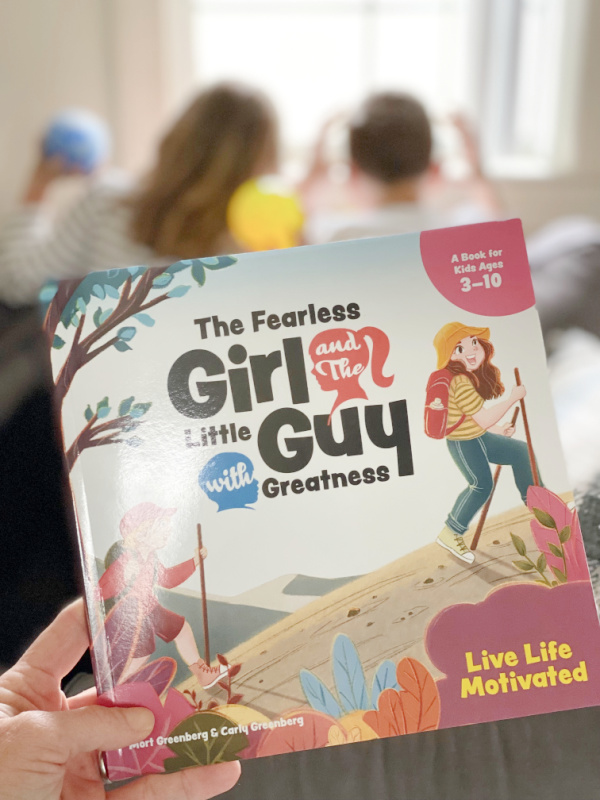
The Fearless Girl and The Little Guy with Greatness Book
When I read The Fearless Girl and The Little Guy with Greatness, I was excited to work through it with the twins. They are at a vital stage where we can really foster their mindset. They are aware of so much as 9 year-olds.
It still amazes me how early we have to foster character and integrity in our children. Books are helpful tools for teaching these big ideas to children.

When I read the book, I decided to create a printable worksheet to use with it. There are response sections on each page. I did not want to navigate who would get to write in the book. Ha! The printables help eliminate an argument.
The book itself is a workbook. You can read it to your child, then, discuss each topic. The worksheets help you do this too.

I created two printables. One is for children old enough to write responses. The other is for younger children who can draw their responses.
>>You can print the writing response worksheet here.<<
>>You can choose to print the drawing response worksheet here.<<
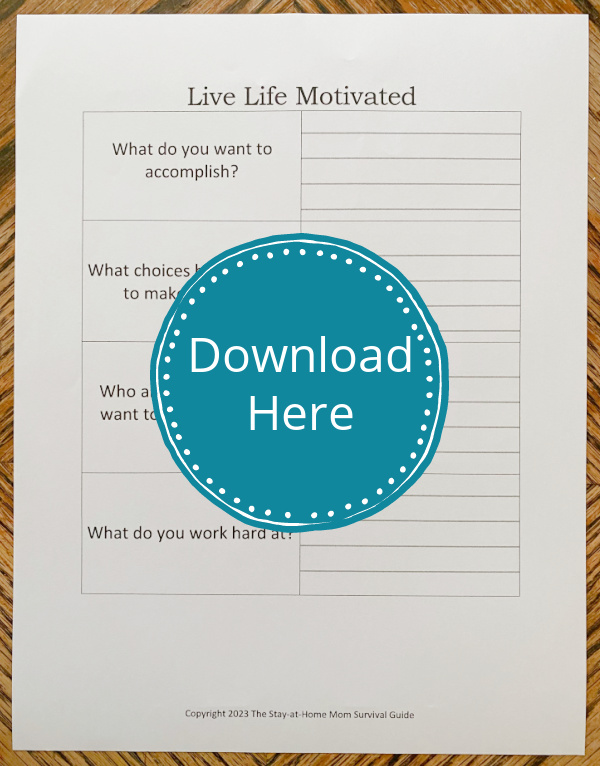
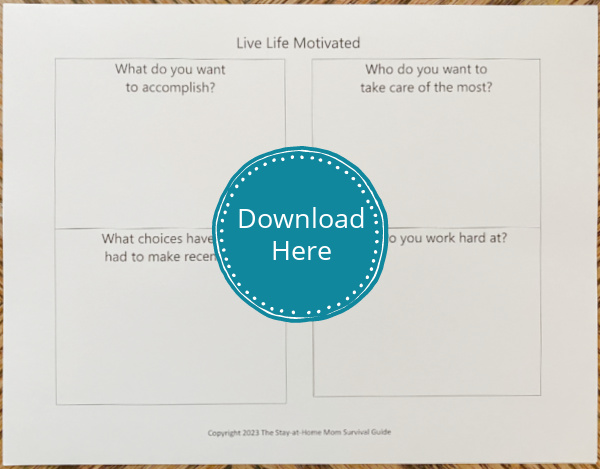
After we read the book. I talked about the purpose.
It has great introductions to each section. The sections are short enough that the book can be read to children as young as preschool. The book and lessons are written for children aged 3-10.
We read the whole book the first day. On the next day, I gave the children their worksheet.
The printables focus on 4 of the questions presented in the book. This is a helpful response activity if you homeschool. Encouraging children to respond after reading a book assesses and deepens their understanding.
I reread the page that corresponded to each question and encouraged the kids to write their responses. We did this one question at a time: 1) Read page, 2) Respond, 3) Read page, etc.
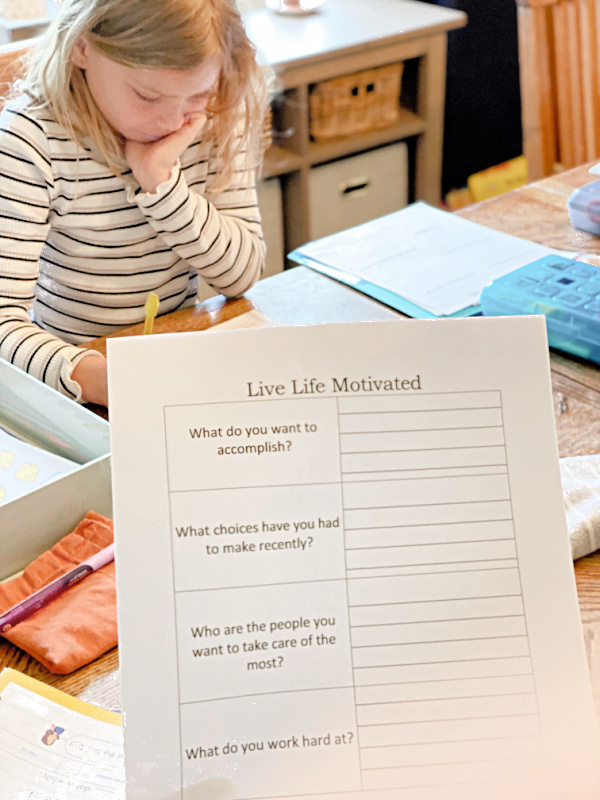
Reading together sparked discussions about my children’s goals and interests. I highly recommend The Fearless Girl and The Little Guy with Greatness as a tool for helping children develop character and integrity. You can read it in your home, homeschool, or classroom.
Conversation Cards for Developing Family Unity
A key part of teaching children to live with integrity is family unity and connection. We need our families to be comfortable together and connected enough so the kids tell us what is going on when we are not around.
We foster this family connection through time together – a lot of it. We need a lot of quality time to build a strong family.
I learn so much by listening. If I hear my children say something I wonder about, or do not understand, I ask questions.
Conversations with our kids teach us so much about what is going on with them.
>>Check out the free printable conversation cards here to download and use with your children.<<
Routines and Schedules
A major component of living with character and integrity is self-discipline. Although I am always learning to be better at this myself, it is still my job to teach it to my children. We can go about this in a few ways.
One is living by a routine every day. We wake up, make a plan for the day, get started on school work and chores, and then have free time.
It is important for children to learn the “work before play” mentality. I can not say that I have been perfect with teaching this as a sometimes-overwhelmed mom. But, this guide for finding a good routine and schedules can help.
Flexibility is important. Setting time aside to get work done, and learning to focus on priorities are skills that our children will learn from us. We teach a lot through our example.
I have been forced a few times to change my own actions and behavior after seeing my kids imitate me. I am still learning every day how to better live with character and integrity. We all are works in progress.

Working on ourselves is important throughout our lives. We are never done growing. Each of us are continually learning to be others-focused, people with integrity, who forgive and serve. These tools will help us care for our families with those goals in focus.
